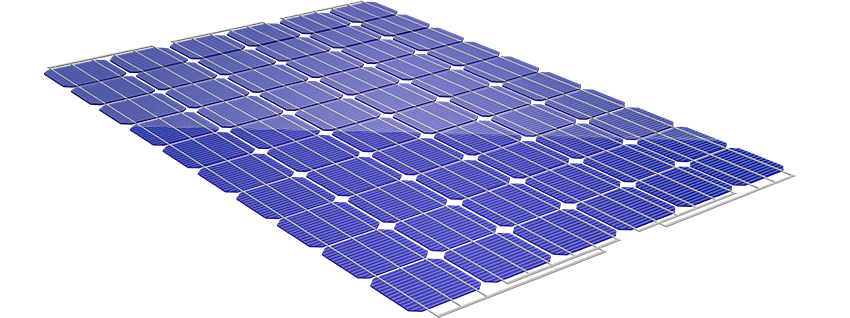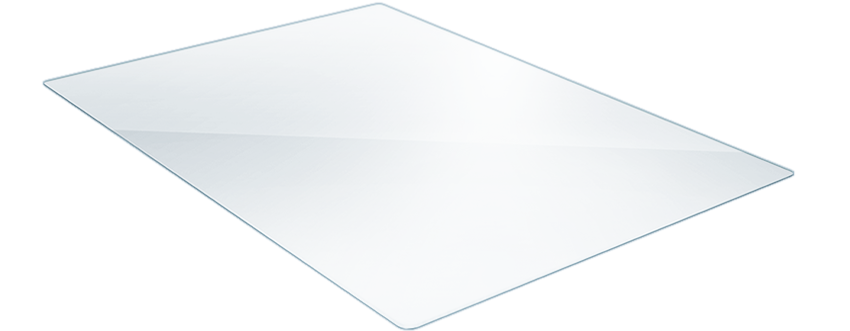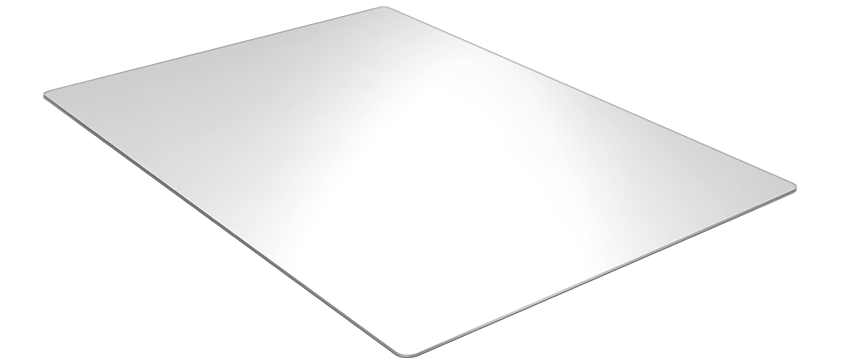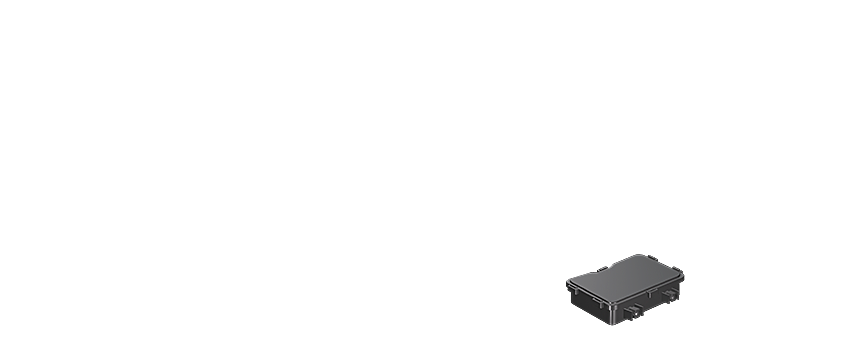What makes up a solar panel?







Frame
Although some types of solar panels are frameless, metal frames are typically used to stabilize the solar panel and protect the glass top layer.
However, replacing metal frames with lightweight DuPont high performance polymers can offer important advantages to solar manufacturers. Our high performance polymer resins allow for greater design flexibility, lighter weight, easier assembly and can lower installation costs, while also eliminating outdoor corrosion issues.
Glass
A layer of low-iron glass is typically used as the top layer of a solar panel. It provides mechanical strength, protects the front surface of the solar panel from physical damage and allows light to transmit into the solar cells.
DuPont does not currently offer glass or a glass-alternative product for solar applications.
Encapsulant
Encapsulants deliver long-term protection for the most sensitive portions of solar panels. They cushion and protect the fragile solar cells and panel circuitry from impact and enable the transmission of sunlight to the solar cells.
DuPont ionomer-based encapsulants offer long-term durability and unique solutions to potential induced degradation (PID) and snail trails, two known causes of solar panel failure. Ionomer encapsulants provide performance, design and productivity advantages for crystalline silicon and thin film solar technologies.
Solar Cells
Crystalline-silicon wafers convert sunlight to electrical current, which is then carried to the outside circuitry by metallization pastes.
DuPont™ Solamet® photovoltaic metallization pastes have helped to nearly double solar cell efficiency over 12 years, significantly increasing the power output of solar panels. Advances in Solamet® metallization technology are key to helping our customers achieve solar cell efficiencies of up to 22% in 2015.
Encapsulant
Encapsulants deliver long-term protection for the most sensitive portions of solar panels. They cushion and protect the fragile solar cells and panel circuitry from impact and enable the transmission of sunlight to the solar cells.
DuPont ionomer-based encapsulants offer long-term durability and unique solutions to potential induced degradation (PID) and snail trails, two known causes of solar panel failure. Ionomer encapsulants provide performance, design and productivity advantages for crystalline silicon and thin film solar technologies.
Backsheet
Backsheets are critical to long-term durability. They protect solar panels from UV, temperature, and moisture. They also provide electrical insulation for enhanced performance and safety.
DuPont™ Tedlar® polyvinyl fluoride (PVF) films are the only backsheet material proven to protect solar panels for more than 30 years, even in extreme outdoor conditions. Insist on Tedlar® film-based backsheets for long-term solar system performance and higher financial returns.
Junction Box
Protects the electrical wires which carry the current produced from the solar panel to an inverter, where the direct current (DC) is converted to alternating current (AC) electricity.
DuPont UV resistant polymer resins meet all known thermal requirements and deliver long-lasting performance, strength, and endurance in harsh environments for solar junction boxes and other structural components.